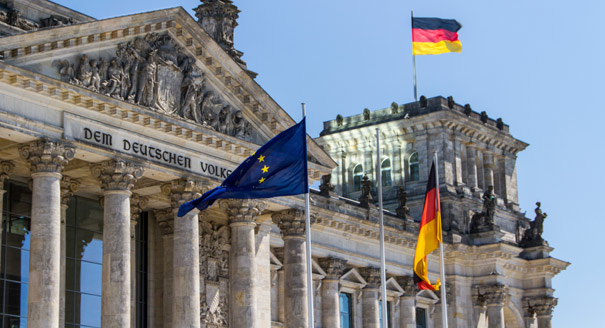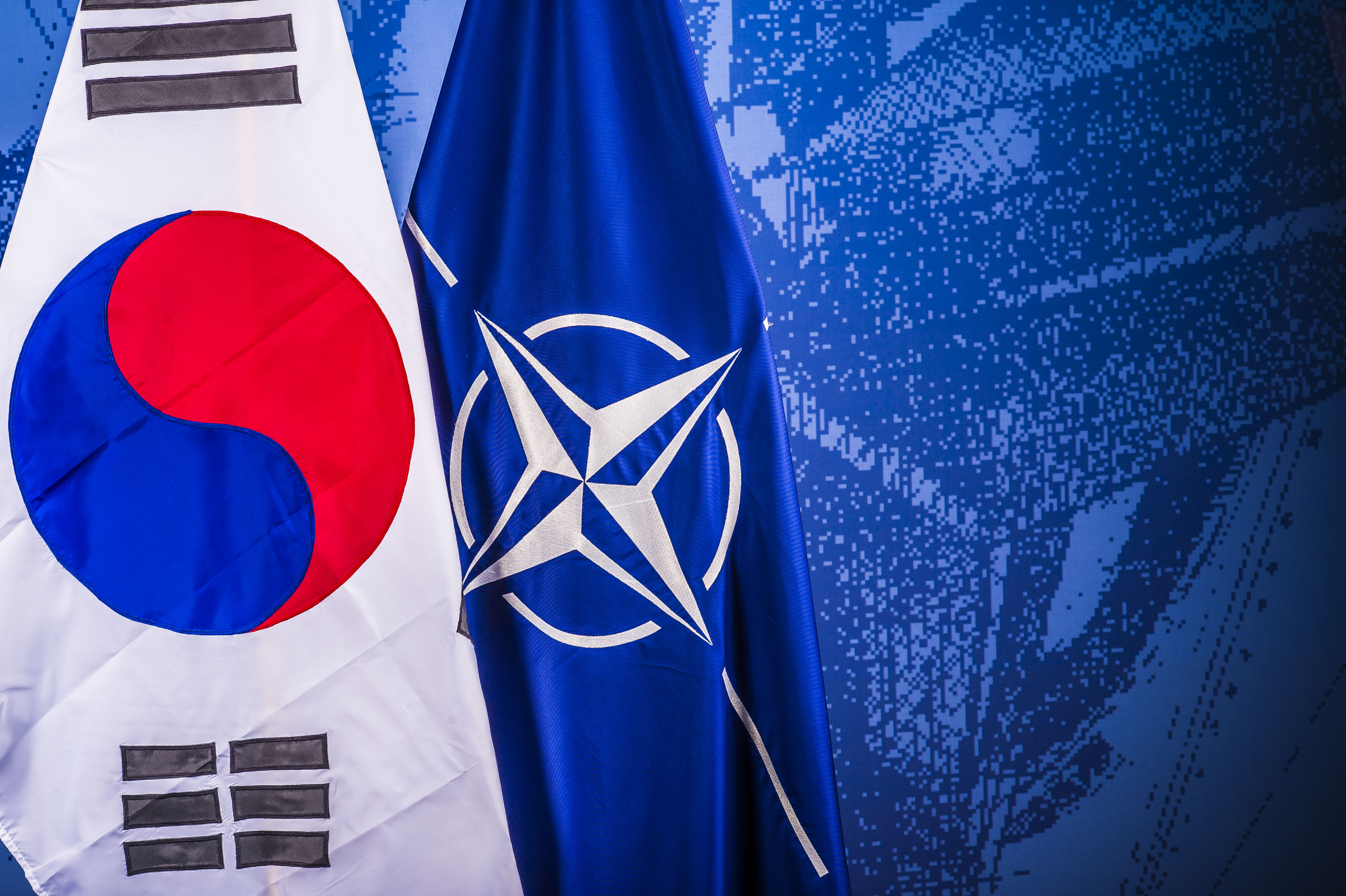Source: Berlin Policy Journal
The United Kingdom’s decision to leave the European Union has catapulted Germany to the next stage of its post-World War II existence: that of the neo-Bismarckian balancer. With the departure of Britain, the traditional outside balancer of continental affairs, much of the balancing within the EU will be left to the big country in the middle: balancing between northern and southern mentalities in economics; balancing between free traders and protectionists; balancing between East and West; and balancing between those who are tough on security and those who don’t feel threatened.
Germany is roughly in the middle on all of these issues, but balancing means more than just finding reasonable middle ground. It means building alliances and accommodating those whose worldview does not prevail in the compromises of the day. The balancing act Berlin will have to perform without the help of the open-market, free-trade, militarily robust, naturally globalist Anglo-Saxons will be a daunting task. It will be more than the country has had to face since it became fully sovereign in 1990 – or since the beginning of the European integration process, for that matter. What does this mean in concrete terms?
Over the next five to ten years, the EU will need at least three decisive reforms. First, and most crucially, it needs to create some sort of fiscal (read: political) union in the eurozone if the common currency is to survive. Secondly, as this will almost inevitably lead to two-speed (read: two-class) Europe, a politically acceptable and practically workable arrangement for an EU divided into euro countries and non-euro countries needs to be found. Thirdly, the EU, or at least the refurbished eurozone, will need to democratize so that citizens feel that they have a say in decision-making at the most integrated level. All of these are long-term reforms, but clear signals need to be sent soon. In addition, an urgent short-term issue looms large on the horizon: finding a workable compromise on refugees that includes improved EU border controls, a shared asylum system among Schengen countries, a system that allows unwilling countries to buy themselves out of their quota, and beefed-up relations with the countries of origin.
Unfortunately, Chancellor Angela Merkel has been wavering on the eurozone. Shortly before the British referendum she said it was “unavoidable” that the eurozone would develop into some sort of political union. Shortly after the Brexit vote she announced that it was not the right time to deepen the eurozone. While this is not exactly contradictory, it is confused messaging – the opposite of the finely tuned EU diplomacy that will now be in demand.
Just as important as action on the euro will be an urgently needed shift in German mentality. Germany will need to become the EU’s “servant leader”, creating acceptance for its outsize influence by visibly defending the common good of the EU, sacrificing some of its own immediate diplomatic gains if necessary. Germany needs to become Europe’s integrationist reserve power again, willing to compromise just a little earlier and pay just a little more than everyone else so that the whole thing can thrive.
Since the late Kohl era, and increasingly so under Chancellors Gerhard Schröder and Merkel herself, Germany had abandoned this position. This needs to be reversed. Naturally, there is no way back to the good old days. Being Europe’s reserve power today means something different from thirty years ago; it is far more demanding. But being the servant leader of Europe is a natural outflow of Germany’s size, geography, history – and own national interest. Bismarck would have understood.
This article was originally published by the Berlin Policy Journal.















